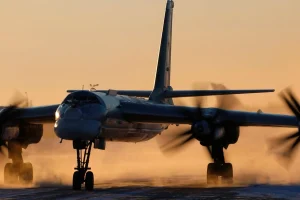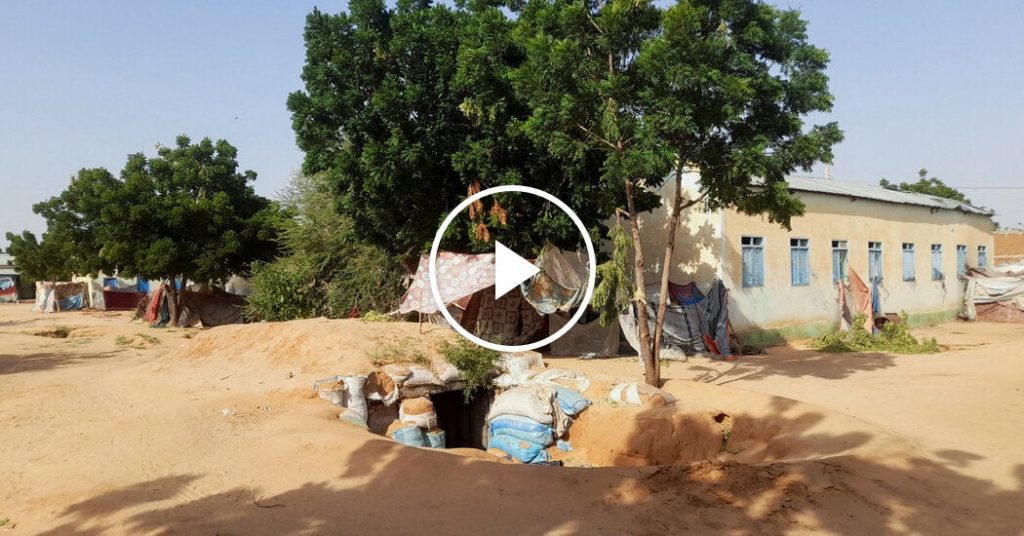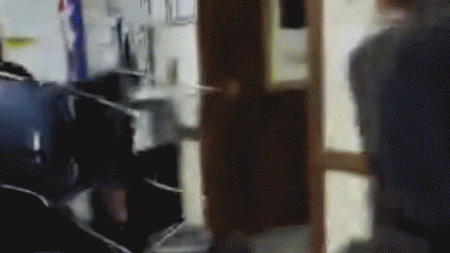Paramilitary Forces Seize Strategic Darfur City in Major Sudan Conflict Escalation
RSF Captures El Fasher After Military Withdrawal, Raising Humanitarian Concerns
By James Mitchell | International Correspondent
October 29, 2025
In a significant development that threatens to reshape the balance of power in Sudan’s ongoing civil conflict, the Rapid Support Forces (RSF) have seized control of El Fasher, the last major city in Darfur that had remained under government military control. Sudan’s armed forces confirmed their withdrawal from the besieged city on Monday, as the paramilitary RSF captured the main military base and reportedly opened fire on civilians attempting to flee the violence. This territorial shift marks a pivotal moment in the 18-month conflict that has devastated Africa’s third-largest country and created one of the world’s most severe humanitarian crises.
El Fasher, the capital of North Darfur state, has been under intense pressure for months as RSF forces gradually tightened their grip around the city of approximately 800,000 residents. Humanitarian workers on the ground report catastrophic conditions, with essential supplies including food, medicine, and clean water becoming increasingly scarce. “The situation in El Fasher had already reached crisis levels before this latest development,” said Dr. Amina Osman, a coordinator with International Medical Relief. “Hospitals were operating without electricity, using mobile phone flashlights for emergency surgeries. Now, with the military’s withdrawal and RSF takeover, we fear a complete collapse of what little infrastructure remained.” United Nations officials have warned that the city’s population, already swollen by internally displaced persons from surrounding regions, faces imminent danger of mass atrocities similar to those witnessed in other parts of Darfur.
The military’s withdrawal appears to have been hastened by the RSF’s sustained offensive and deteriorating conditions for government forces. Military spokesman General Ahmed al-Mufti characterized the retreat as a “tactical redeployment” intended to protect civilian lives, though analysts suggest it represents a significant strategic defeat. “This is not merely a tactical adjustment but potentially a turning point in the war,” explained Dr. Ibrahim Hassan, a Sudan conflict specialist at the Institute for Security Studies. “El Fasher was the military’s last major stronghold in Darfur, and its loss effectively consolidates RSF control over the entire western region of Sudan.” The military had previously maintained that holding El Fasher was critical to preventing a humanitarian catastrophe, making their withdrawal particularly concerning for civilian protection. Eyewitness accounts from fleeing residents describe scenes of panic as RSF fighters entered neighborhoods previously controlled by the military, with reports of targeted violence against individuals suspected of supporting government forces.
Regional Implications and Humanitarian Crisis Deepen
The fall of El Fasher carries profound implications for both regional stability and the humanitarian situation. Darfur, already scarred by decades of conflict including the genocide of the early 2000s, now faces a new chapter of violence under consolidated RSF control. The paramilitary group, led by General Mohamed Hamdan Dagalo, commonly known as Hemedti, has been accused of systematic human rights abuses throughout the conflict. “What we’re witnessing in Darfur is the culmination of years of militarization and impunity,” said Fatima Bensouda, former International Criminal Court prosecutor who previously led investigations into Darfur atrocities. “The international community’s failure to establish meaningful accountability has emboldened perpetrators.” Neighboring Chad has reported a significant surge in refugee arrivals following the RSF’s advance, with border camps already struggling to accommodate the influx of desperate families.
The humanitarian dimensions of El Fasher’s fall cannot be overstated. Before the military withdrawal, the city hosted one of the largest concentrations of displaced persons in Sudan, many living in makeshift camps with minimal services. International aid organizations had maintained a tenuous presence despite deteriorating security conditions, providing critical support to vulnerable populations. Now, with RSF in control and reports of fighters blocking evacuation routes, humanitarian access has become virtually impossible. “We’re receiving desperate calls from our local partners who are in hiding,” said Robert Kirkland of the World Food Program. “Food distribution centers have been looted, and aid workers are being targeted. The civilian population is essentially trapped.” Satellite imagery shows extensive destruction of critical infrastructure, including water treatment facilities and the city’s main market, suggesting deliberate targeting of resources essential for civilian survival.
The international response has been characterized by expressions of concern but limited effective action. The United Nations Security Council convened an emergency session following El Fasher’s fall, though deep divisions between member states have hampered coordinated intervention. Regional organizations, including the African Union and Intergovernmental Authority on Development, have renewed calls for a cessation of hostilities and unimpeded humanitarian access. However, previous peace initiatives have repeatedly collapsed, with both the military and RSF accused of negotiating in bad faith. “This conflict has exposed the limitations of current diplomatic and peacekeeping frameworks,” noted Ambassador Maria Santos, former UN Special Representative to Sudan. “Without significant reform of these mechanisms and genuine political will from influential nations, we will continue to witness preventable tragedies unfold.” International human rights organizations have called for targeted sanctions against military and RSF leadership, documentation of potential war crimes, and establishment of protected evacuation corridors for civilians trapped in combat zones.
Future Prospects and Conflict Resolution Challenges
The capture of El Fasher signals a potential new phase in Sudan’s complex civil conflict, with implications extending beyond Darfur to the national power struggle. The RSF’s territorial gains strengthen Hemedti’s position in any future negotiation scenario, while further undermining the authority of de facto head of state General Abdel Fattah al-Burhan. Political analysts suggest this shifting military balance could prompt increased foreign involvement, with regional powers reassessing their strategic interests. “We’re seeing the fragmentation of Sudan accelerate,” warned Professor Samia Ahmed of Khartoum University’s Center for Peace Studies. “The longer this conflict persists without meaningful dialogue, the more difficult reestablishing a unified governance structure becomes. We risk permanent division along regional and ethnic lines.”
For ordinary Sudanese caught in the crossfire, the immediate future appears bleak. The conflict has already displaced over 9 million people internally and forced 2.5 million to flee into neighboring countries, creating the world’s largest displacement crisis. Economic collapse has accompanied the violence, with inflation exceeding 400 percent and basic services completely absent in many regions. The agricultural sector, once Sudan’s economic backbone, lies in ruins after systematic destruction of farming communities and irrigation systems. As El Fasher’s fate unfolds in the coming days, humanitarian organizations warn that without immediate intervention, thousands more civilian casualties are inevitable. “We are witnessing the systematic destruction of a society,” said Dr. Mahmoud El-Nour, a Sudanese diaspora advocate. “When the international community fails to protect civilians in conflict zones, it doesn’t just cost lives today—it undermines the foundation for any sustainable peace tomorrow.” As darkness falls on El Fasher, the world watches yet another critical moment in Sudan’s ongoing tragedy, with the lives of hundreds of thousands hanging in the balance.








